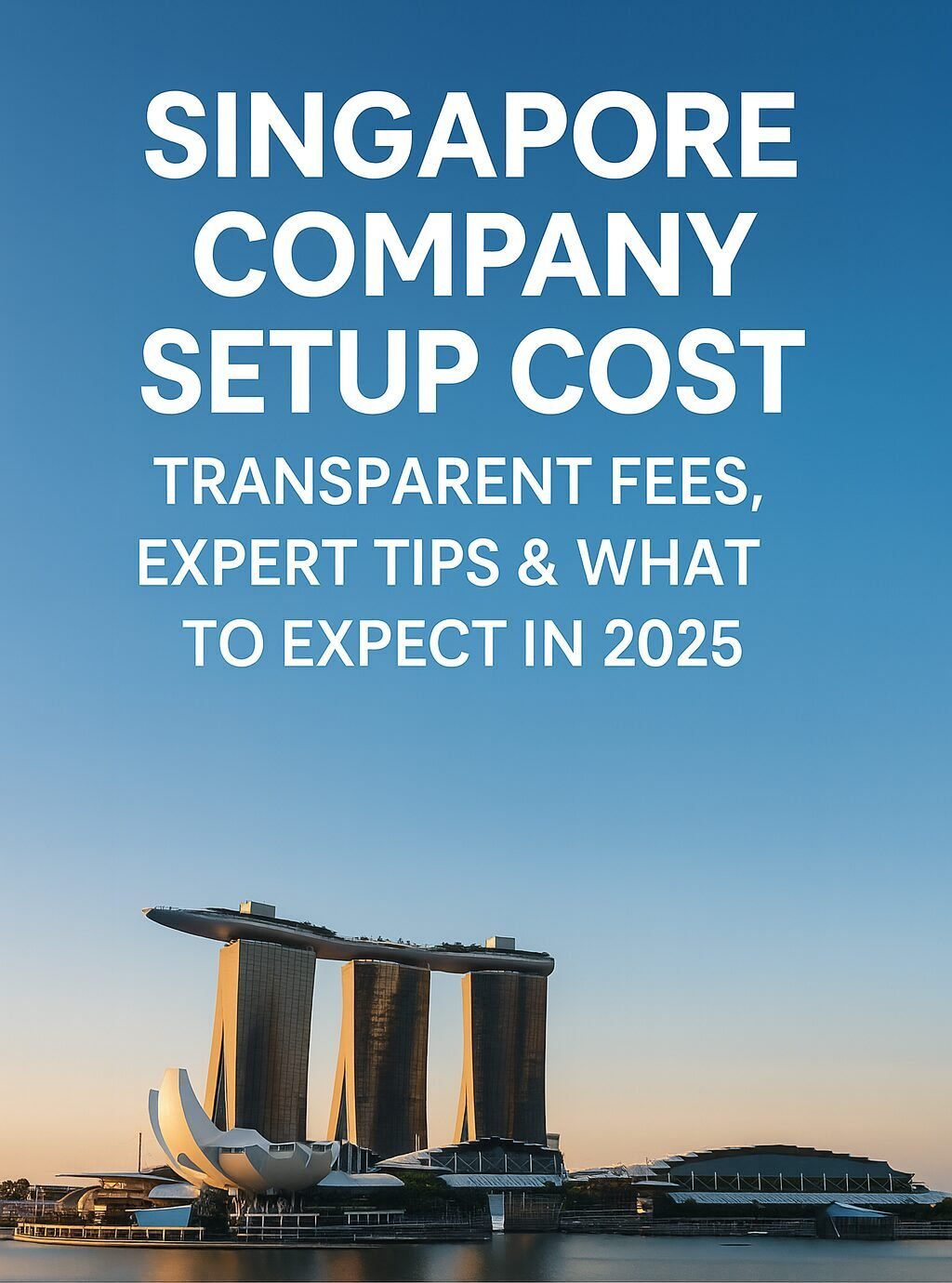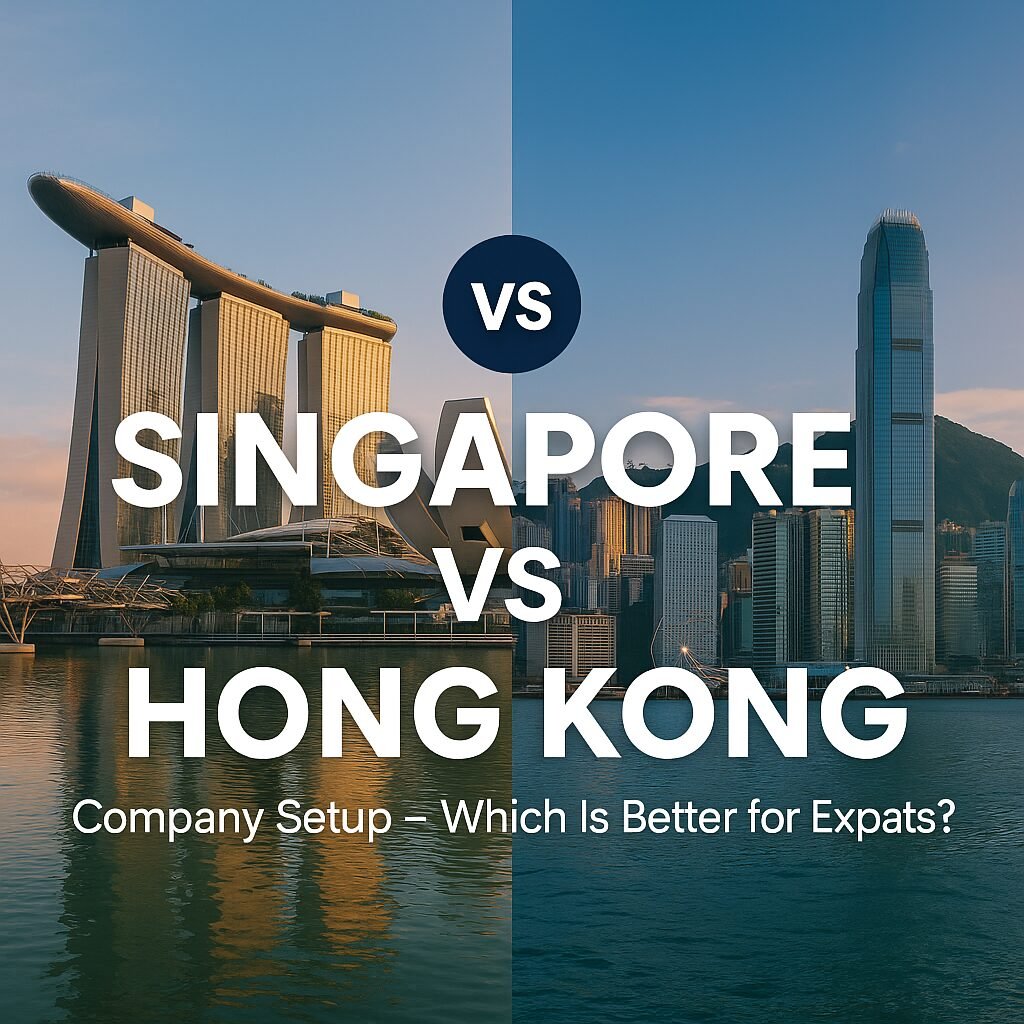How To Set Up An Offshore Company In Singapore
How to set up an offshore company in Singapore? An offshore company in Singapore refers to a business entity that is incorporated in the country, but operates primarily outside of it. These companies are commonly used by businesses for various reasons such as international trade, investment activities, holding assets, and managing risks. This type of company allows the business to take advantage of Singapore’s favorable tax regime and business-friendly environment while minimizing their tax liabilities and operating in a stable economy.
Table of Contents
Advantages of Setting Up an Offshore Company in Singapore
Tax Efficiency: Singapore has a territorial tax system, which means that it only taxes income that is earned within the country. This makes it an attractive destination for companies looking to minimize their tax liabilities. Additionally, Singapore has a wide network of double tax agreements with other countries, which further reduces the tax burden for offshore companies operating in Singapore.
Business-Friendly Environment: Singapore has a reputation as a business-friendly and stable economy. The country has a well-developed legal system and a strong regulatory environment, which provides a level of protection for investors and their assets.
Access to Southeast Asian Market: Singapore is strategically located in Southeast Asia, which makes it a good location for companies looking to expand their operations in the region. The country has a highly skilled and educated workforce and excellent infrastructure, making it a convenient hub for businesses.
Confidentiality and Privacy: Incorporating an offshore company in Singapore allows businesses to maintain a high level of confidentiality and privacy. The country has strict laws and regulations that protect the privacy of shareholders and directors of offshore companies.
Asset Protection: Offshore companies in Singapore can be used as a means of protecting assets and managing risks. By holding assets in an offshore company, businesses can shield them from potential legal and financial liabilities.
Investment opportunities: Singapore is a major financial center and offers various investment opportunities for offshore companies. Companies can invest in local and foreign marketplaces, real estate, and other assets.
Choosing a Business Structure in Singapore
When setting up an offshore company in Singapore, it is important to choose the right business structure that suits the needs of your company. There are several types of offshore companies available in Singapore, each with their own advantages and disadvantages.
Types of Business Structure in Singapore
-
Private Limited Company: This is the most common type of offshore company in Singapore and is suitable for small to medium-sized businesses. A private limited company must have at least one director and one shareholder, and the liability of shareholders is limited to the amount of unpaid capital they have invested in the company.
-
Limited Liability Partnership: A Limited Liability Partnership (LLP) is a hybrid between a partnership and a private limited company. It is suitable for businesses that want to operate as a partnership but with the added protection of limited liability.
-
Subsidiary Company: A subsidiary company is a separate legal entity from the parent company and is typically used for businesses that are looking to expand into Singapore. A subsidiary company must have at least one director and one shareholder, and the liability of shareholders is limited to the amount of unpaid capital they have invested in the company.
- Branch Office: A branch office is an extension of an existing foreign company and is typically used for businesses that are looking to establish a presence in Singapore without setting up a separate legal entity. A branch office must appoint a local agent and file annual returns
-
Representative Office: A representative office is a non-profit organization that is used to conduct market research and promote the parent company’s products or services in Singapore. A representative office is not allowed to engage in commercial activities and cannot generate income.
Incorporation process of a Singapore Company
-
Choose a Business Name: The first step in incorporating an offshore company in Singapore is to choose a unique business name. It is important to ensure that the name is not already in use and does not infringe on any trademarks. The name should be in English or Romanized Chinese and must end with the words “Private Limited” or its abbreviation “Pte Ltd”.
-
Appoint Directors and Shareholders: An offshore company in Singapore must have at least one director and one shareholder. The director(s) and shareholder(s) can be individuals or corporate entities. In addition, a local director is required. We can provide nominee director services if required.
-
Prepare Incorporation Documents: The following documents are required (but not limited to) for incorporation:
- Memorandum and articles of association
- Shareholders’ and directors’ details
- Business registration number
- Registered address
- Business profile
-
Submit Incorporation Documents and Obtaining Approval: Once the incorporation documents are prepared, we will submit them to the regulatory body of Singapore. If all the requirements are met, the approval can be as short as a day.
-
Obtain Business Registration Number: Once the offshore company is registered, the business will be issued a business registration number. This number is required for all future transactions and communications with the government.
It’s important to note that the process and requirements for incorporating an offshore company in Singapore may change over time, and it’s advisable to consult with our team to guide you through the process and ensure that all requirements are met.
Click here to open your Singapore company today!



